By the end of Monday, Justin Welby will have symbolically laid down his ceremonial staff and relinquished his role as Archbishop of Canterbury.
After spending little time in public since his resignation, Mr Welby is expected to spend his final day leading the Church of England privately at his London base of Lambeth Palace.
His duties will then mainly pass to the Archbishop of York, Stephen Cottrell, until a permanent successor is appointed, a process that is expected to take several months.
It comes as many important changes are being debated by the Church, including on safeguarding – the issue linked to Mr Welby’s resignation and one that has led to questions about Mr Cottrell.
On Monday, the feast of Epiphany in the Christian calendar, Mr Welby will attend two services at Lambeth Palace, a Eucharist at lunchtime and Evensong later in the day.
Though his office has not disclosed who will join him at these services, it is expected that he will lay down his crozier at the evening event then formally end his time as archbishop at midnight.
Mr Welby resigned over the Church’s handling of the sadistic abuser, John Smyth, who a recently published report said perpetrated brutal sexual, physical and mental abuse against more than 120 boys and young men since the late 1970s.
The report said Mr Welby had “personal and moral responsibility” and that he “could and should have done more” in the case.
After initially resisting calls to step down, he resigned on 12 November saying he did so “in sorrow with all victims and survivors of abuse”.
But in early December, abuse victims reacted with “disgust” at a short farewell speech Mr Welby gave at the House of Lords, in which he made jokes. Mr Welby apologised the following day.
Mr Welby did not give a Christmas Day sermon at Canterbury Cathedral and did not broadcast a New Year’s Day message, as he usually would through the BBC.
Lambeth Palace said he would not be giving any interviews before leaving his role, which he is doing on Monday on his 69th birthday. He steps down exactly a year earlier than expected.
From midnight on Sunday, some of his duties in London will be carried out by the Bishop of London Sarah Mullally and those in his Canterbury diocese by the Bishop of Dover Rose Hudson-Wilkin.
The bulk of his responsibilities will be carried out by Mr Cottrell, who has himself faced calls to step down over his handling of an abuse case.
Last month, a BBC investigation revealed that in 2010, days after he became Bishop of Chelmsford, Mr Cottrell was told about multiple historical sex abuse allegations against a priest in his charge, David Tudor.
He was also told that the Church and local council had banned Tudor from being left alone with children.
Mr Cottrell said in a statement: “The situation with David Tudor was an awful situation to live with and to manage.”
“I want victims and survivors to know that everything was done to understand, assess and manage the risk,” it continued.
But under Mr Cottrell, Tudor twice had his contract in the senior post of area dean renewed and in 2015 was made honorary canon of Chelmsford Cathedral.
Tudor was only suspended in 2019 when a new police investigation was launched. Archbishop Cottrell says he acted as soon as he was legally able to.
Although he is taking on the duties of Mr Welby, Mr Cottrell will continue to be based at Bishopthorpe Palace in North Yorkshire. He is expected to be de facto leader of the Church of England until at least the summer.
The 17-member panel that will select the next Archbishop of Canterbury has yet to be formalised. For the first time it will include five members based in the Anglican Church abroad.
This tumultuous period for the Church leadership comes at a time of threats that could fracture the Church at both home and abroad.
Domestically, the issue of blessings for same-sex unions has led to acrimony between different factions within the Church.
Though the option for members of clergy to carry out such blessings was passed in a vote at its national assembly, many remain vehemently opposed to such a move, believing it to be against fundamental Church teaching.
But conversely, some have been upset that there have not been steps taken towards full marriage equality in the Church of England, giving gay couples the same rights in the Church as heterosexual couples.
Work on deciding what form a same-sex union blessing might take in the Church is currently being worked on and some progressives are concerned that the upheaval at the top of the institution might contribute to derailing that.
There have been similar concerns voiced about work on racial justice and on climate action, work that was being ushered through by the Archbishops of Canterbury and York.





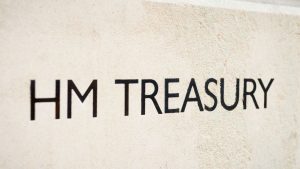





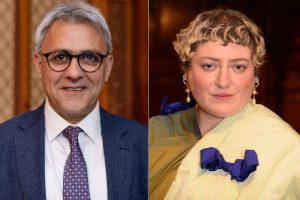

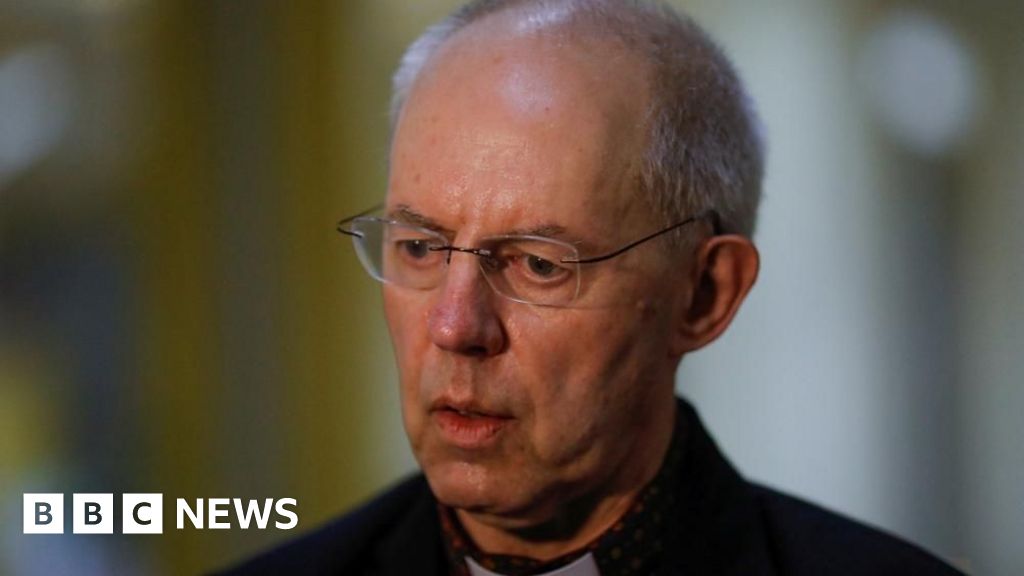

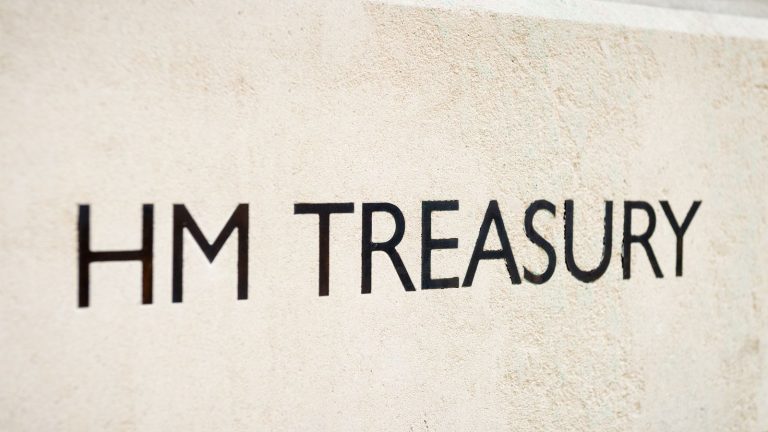
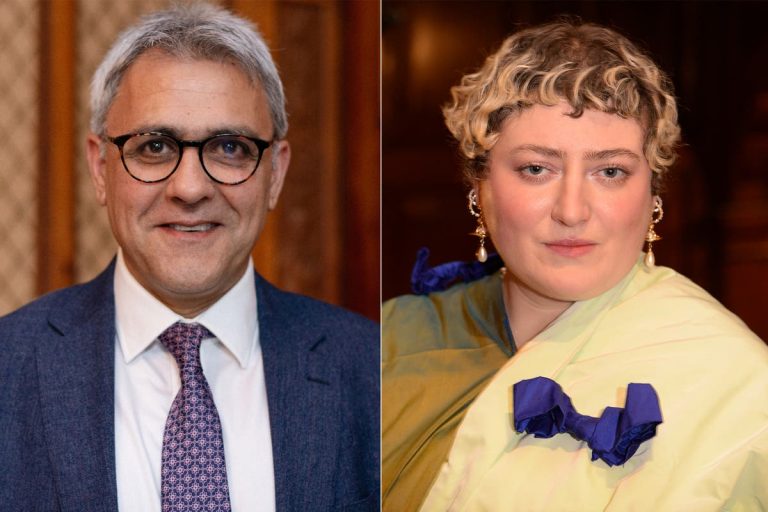


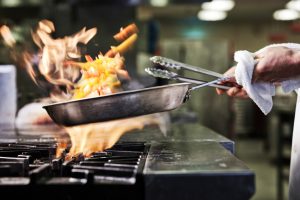





+ There are no comments
Add yours